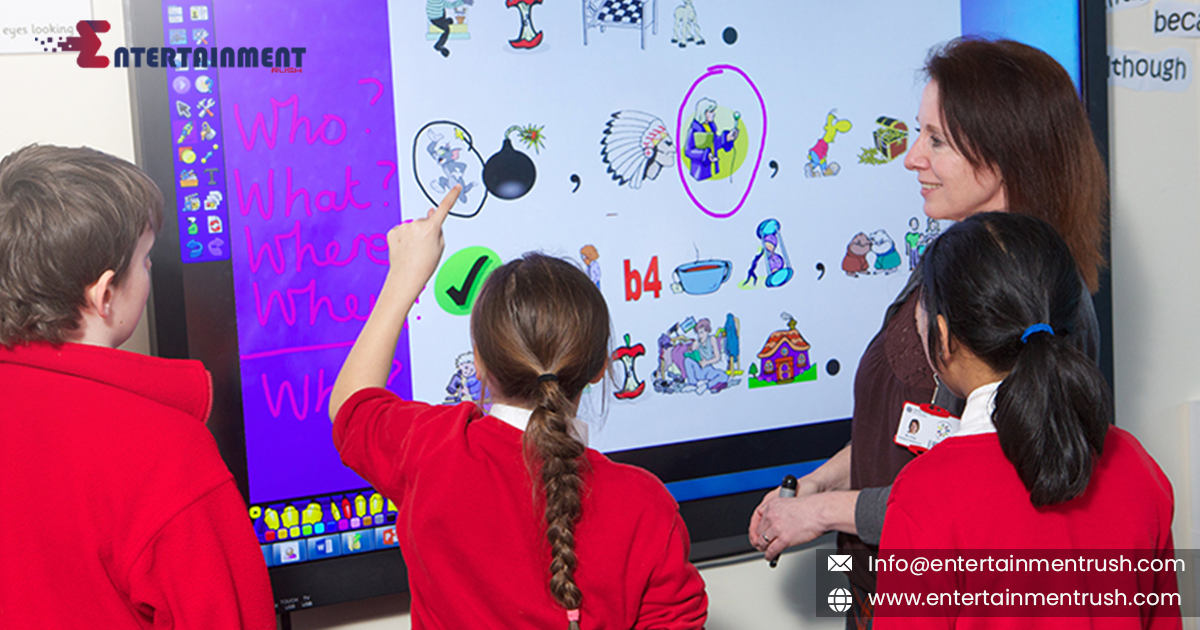Educational gaming apps capitalize on humans’ innate love for play, transforming learning into a deeply engaging experience. These apps skillfully intertwine educational content with interactive gameplay, leveraging mechanics that trigger dopamine release—a neurotransmitter associated with accomplishment and motivation. Tasks, challenges, and quests become vehicles for learning, turning what could be mundane into something thrilling.
Features like points, levels, rewards, and leaderboards deliver immediate feedback, encouraging continued effort and growth. This approach promotes active learning, requiring players to dynamically apply skills and knowledge, which fosters greater retention than passive methods like reading or video lectures.
Personalized Learning Through Adaptation
Gaming apps excel at delivering tailored educational experiences by leveraging real-time data analytics. As users progress, their behaviors, strengths, and areas of difficulty are tracked. These insights allow apps to adjust content and challenges, providing hints when needed or increasing complexity for advanced learners.
This adaptive approach creates a personalized, efficient learning path, ensuring users are consistently engaged while addressing individual needs. For example, even simple games like solitaire can enhance critical thinking, planning, and memory skills, demonstrating the vast potential of gaming in education.
Simplifying Complex Ideas
Gaming apps are particularly effective at making abstract concepts tangible. Interactive simulations and visualizations bring subjects like physics and chemistry to life, enabling students to conduct virtual experiments, manipulate variables, and observe outcomes in a controlled, risk-free environment.
Similarly, math and engineering principles can be applied through game mechanics that require designing and testing structures or machines. By turning theoretical lessons into practical applications, gaming apps foster deeper understanding and engagement.
Building Essential 21st-Century Skills
Modern educational games integrate vital workforce skills like problem-solving, collaboration, communication, and creativity. Multiplayer modes encourage teamwork, while game-based tasks often involve designing digital content, promoting technical and creative skills.
By blending hard and soft skills, gaming apps prepare students for real-world challenges, seamlessly integrating elements like programming, design thinking, and critical analysis into gameplay.
Incorporating Gaming Apps in Education
Educators can maximize the benefits of gaming apps by following these steps:
Align games with curriculum goals and vet them for educational quality.
Scaffold gameplay with clear objectives, reflection exercises, and curriculum connections.
Use apps to assess knowledge, track progress, and identify gaps.
Encourage collaboration through group activities and discussions.
The Future of Interactive Learning
Gaming apps represent a significant leap forward in interactive education. As technologies like augmented and virtual reality advance, these tools will become even more immersive and impactful. Their ability to personalize instruction, simplify complex ideas, and promote essential skills ensures they will play a pivotal role in shaping the future of learning.
Educators and developers are only beginning to explore the potential of game-based learning. With continued innovation, gaming apps are set to redefine education, creating an engaging and effective learning ecosystem for the digital age.




Leave feedback about this